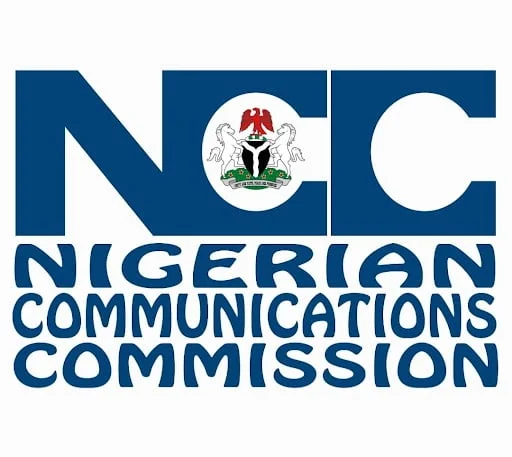The Nigerian Government has uncovered cases where individuals possess an unusually high number of Subscriber Identification Modules (SIMs), with some exceeding 100,000 SIM cards.
This was revealed by the Nigerian Communications Commission (NCC) in a statement issued on Wednesday by its spokesperson, Reuben Muoka.
The discovery was made through a collaborative effort between the NCC, the Office of the National Security Adviser (ONSA), and the National Identity Management Commission (NIMC). The NCC expressed concern over the alarming number of SIM cards registered under single individuals, stating that such cases pose a significant risk to national security.
The NCC highlighted the importance of the National Identity Number (NIN) and SIM linkage policy, which was introduced in 2020. According to the commission, the policy has strengthened confidence in digital transactions, reduced the risk of fraud and cybercrime, and supported greater participation in e-commerce, digital banking, and mobile money services. The NCC emphasised that these benefits contribute to financial inclusion and drive economic growth in the country.
In response to the situation, the NCC reiterated its commitment to working with security agencies and other stakeholders to eliminate the sale of pre-registered SIMs, which pose a threat to national security. The commission vowed to ensure the integrity of mobile numbers in Nigeria.
This development comes as the NCC sets September 14, 2024, as the final deadline for compliance with the NIN-SIM linkage policy. The commission urged all citizens to adhere to the deadline and warned that non-compliance would result in severe consequences.
The NCC’s crackdown on misuse of SIM cards is part of its broader efforts to safeguard national security and maintain the integrity of Nigeria’s telecommunications infrastructure.



